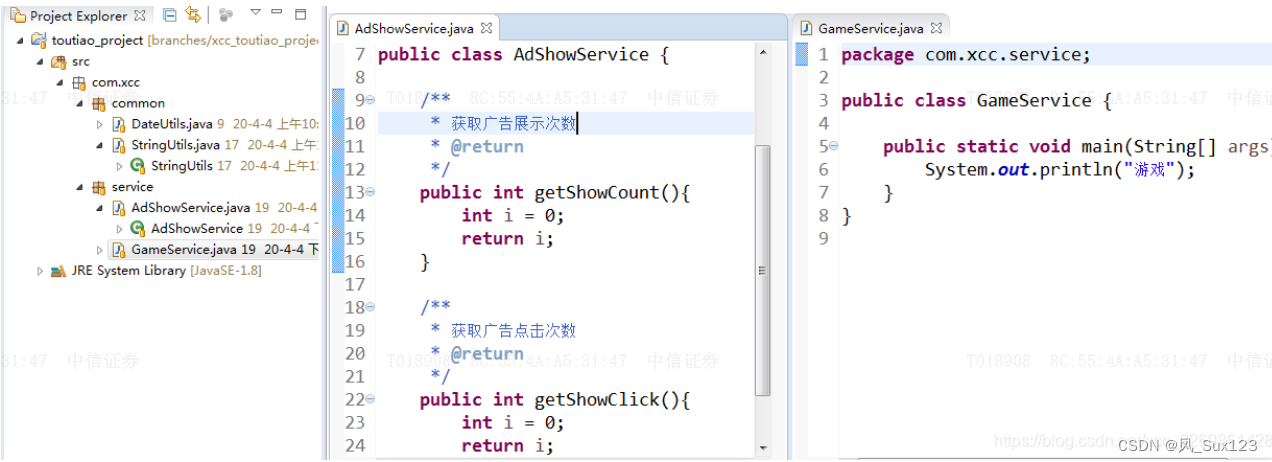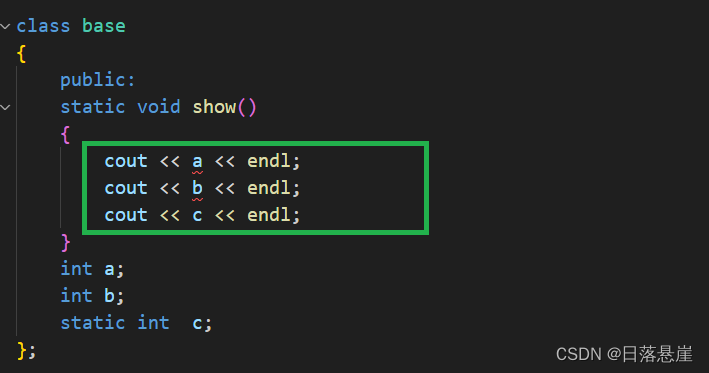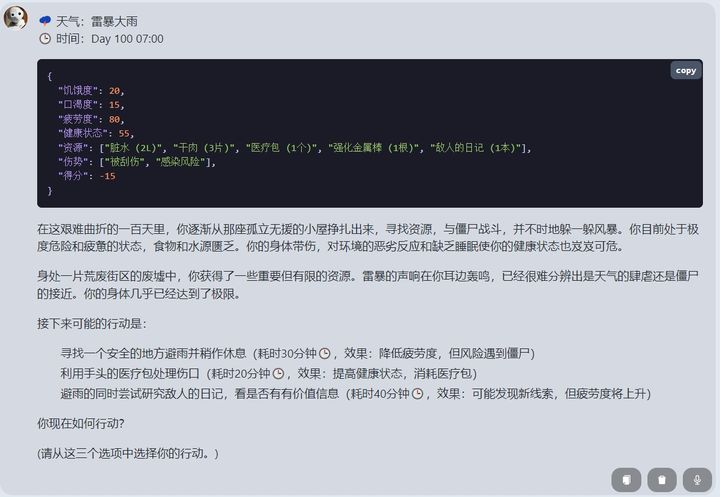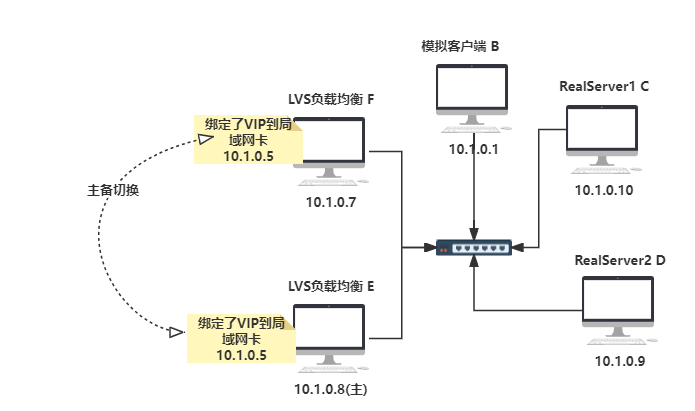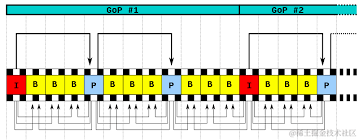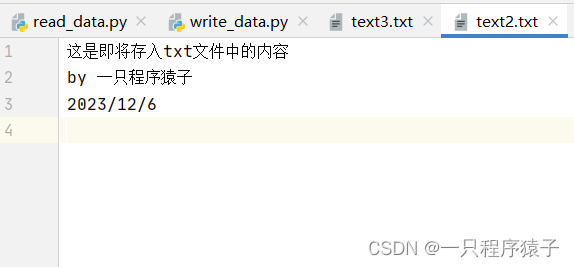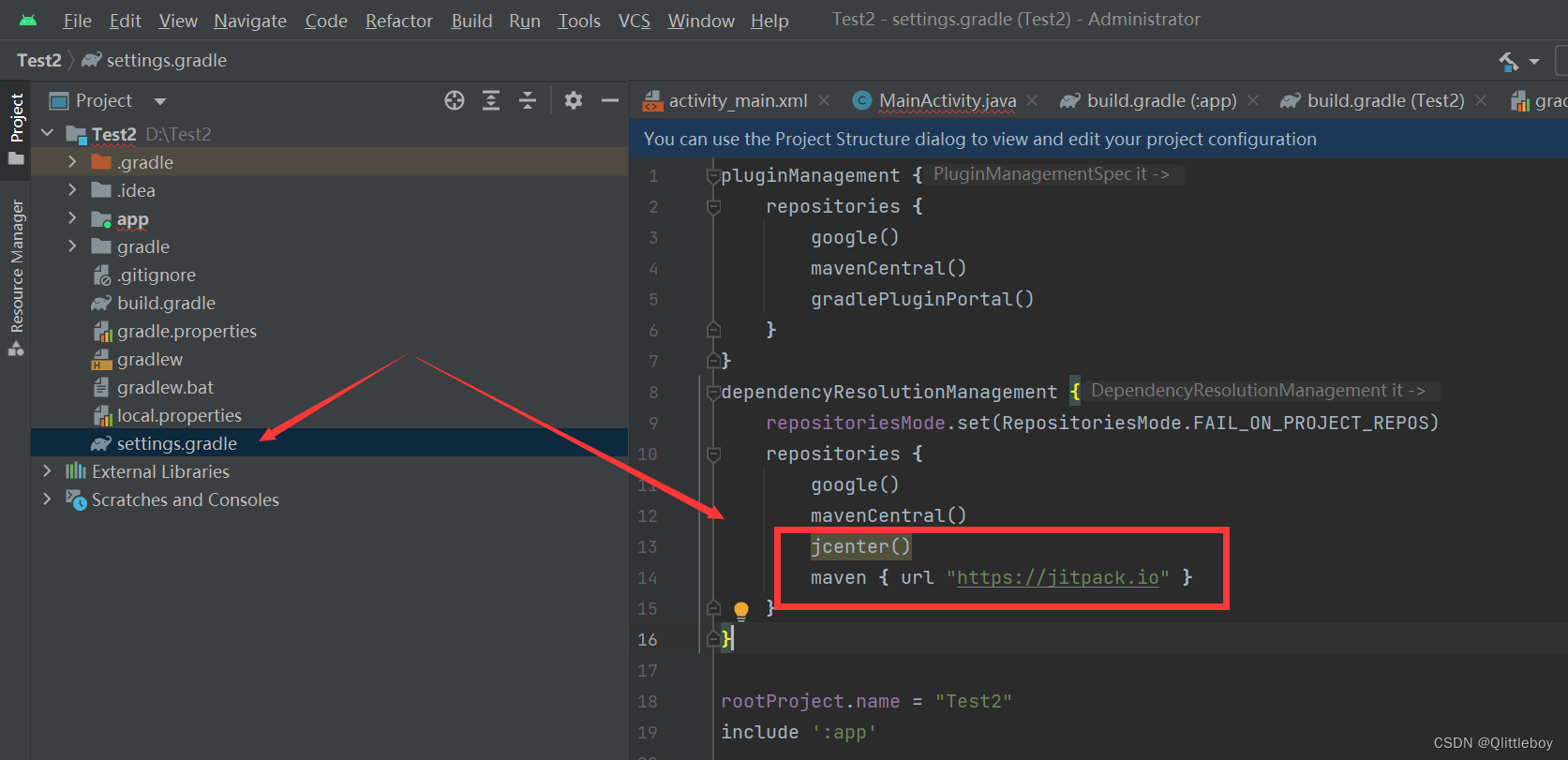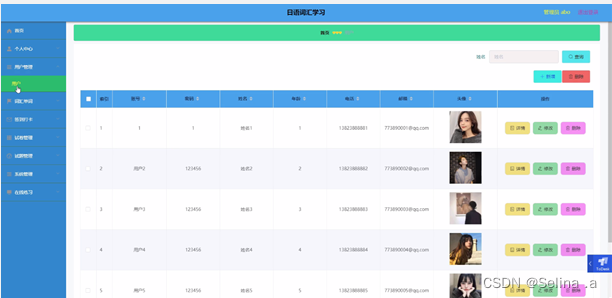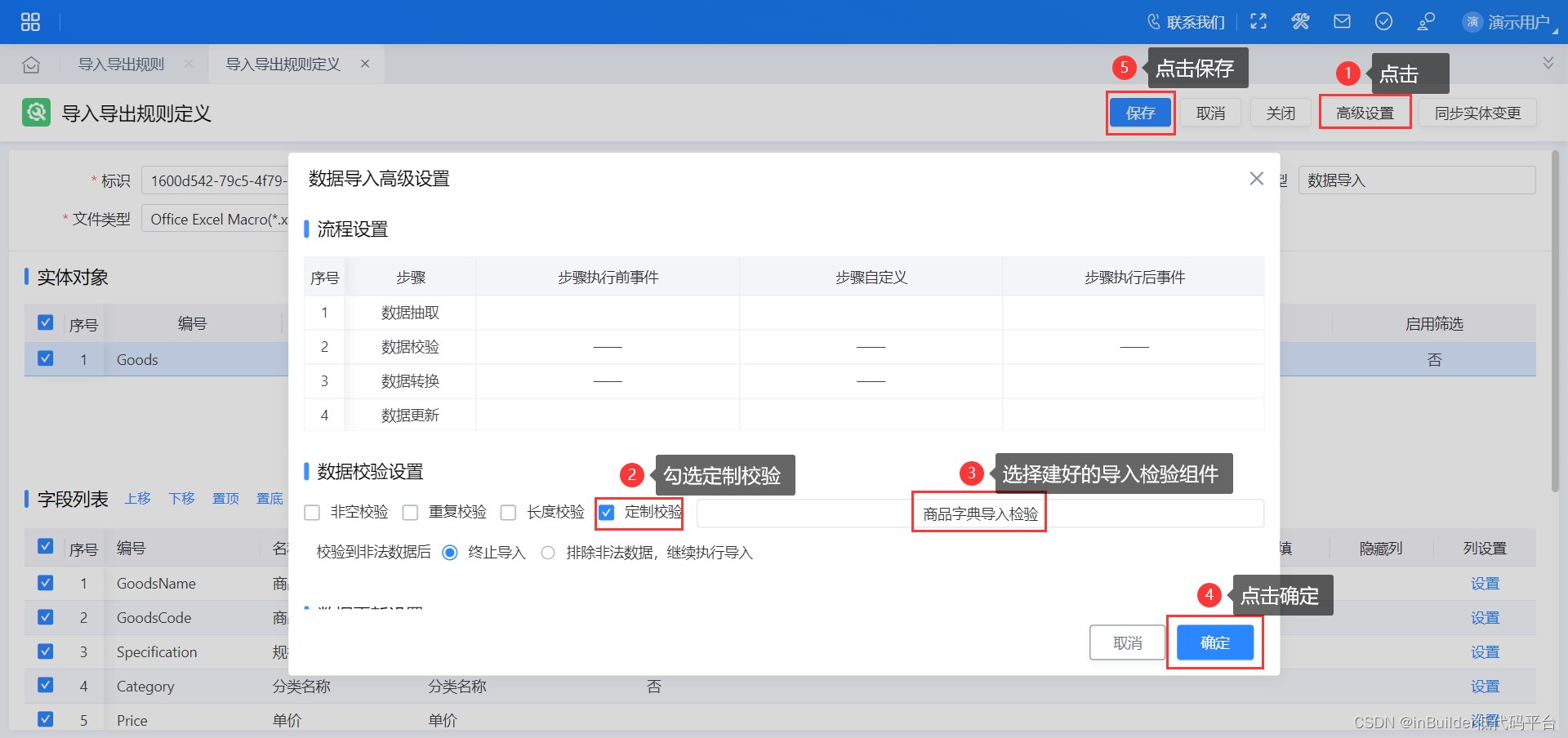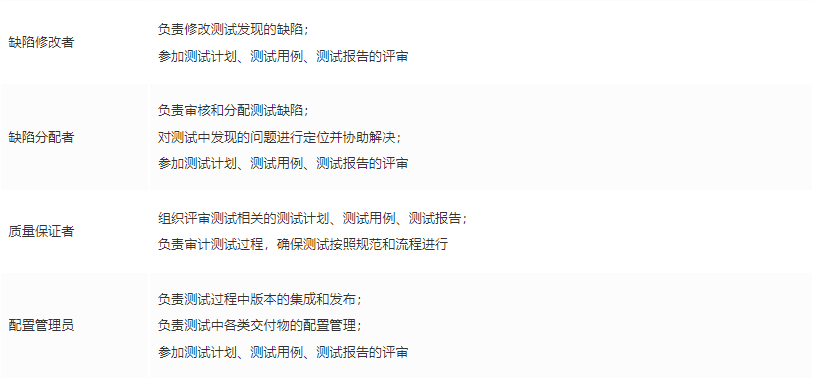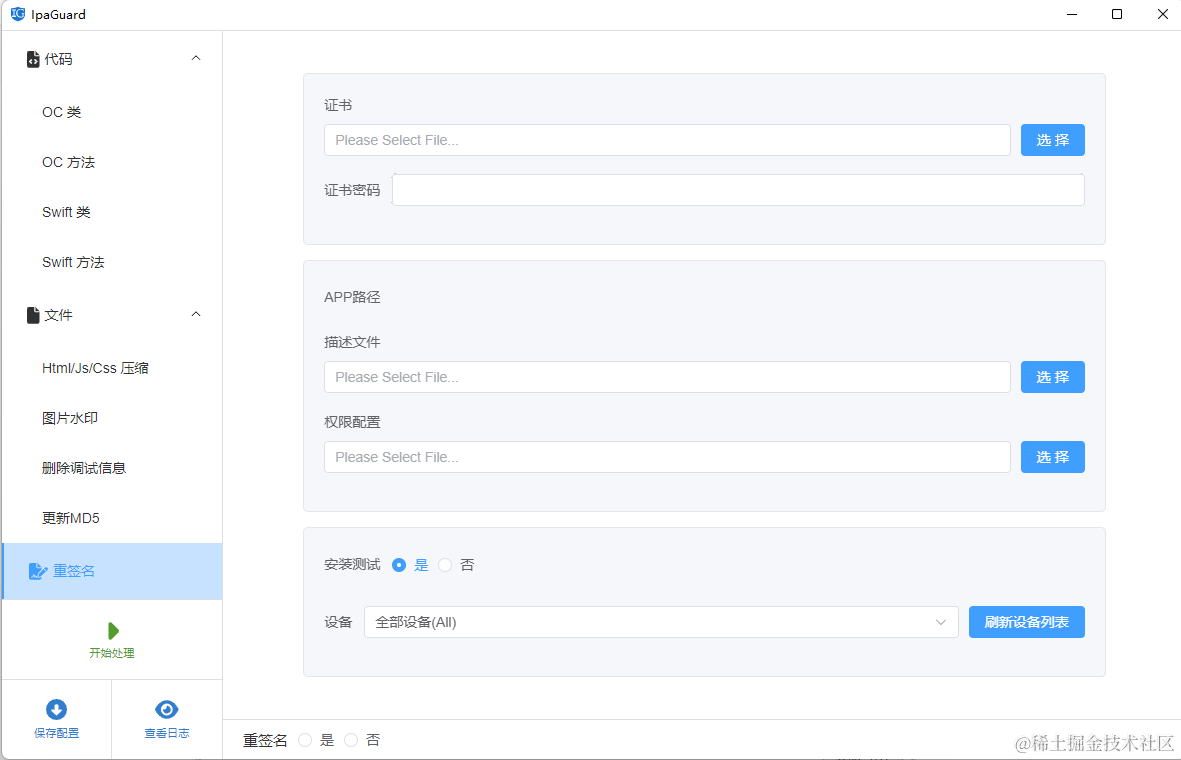目录
1.自我介好😳😳😳
2.常用注解 💕💕💕
3.@EnableCaching🤦♂️🤦♂️🤦♂️
4.@CachePut🤷♀️🤷♀️🤷♀️
5.@CacheEvict🎶🎶🎶
6.@Cacheable 🤩🤩🤩
1.自我介好😳😳😳
Spring Cache是一个框架,实现了基于注解的缓存功能,只需要简单地加一个注解,就能实现缓存功能。Spring Cache提供了一层抽象,底层可以切换不同的cache实现。具体就是通过CacheManager接口来统一不同的缓存技术。
CacheManager是Spring提供的各种缓存技术抽象接口。

2.常用注解 💕💕💕
- @EnableCaching开启缓存注解功能
- @Cacheable在方法执行前spring先查看缓存中是否有数据,如果有数据,则直接返回缓存数据;若没有数据,调用方法并将方法返回值放到缓存中
- @CachePut将方法的返回值放到缓存中
- @CacheEvict将一条或多条数据从缓存中删除
注意:在spring boot项目中,使用缓存技术只需在项目中导入相关缓存技术的依赖包,并在启动类上使用@EnableCaching开启缓存支持即可。
3.@EnableCaching🤦♂️🤦♂️🤦♂️
@EnableCaching 是启用缓存的注解,标注在任何一个可自动注入的类上即可开启。
@Slf4j
@SpringBootApplication
@EnableCaching
public class SpirngbootReidsApplication {
public static void main(String[] args) {
SpringApplication.run(SpirngbootReidsApplication.class, args);
}
}4.@CachePut🤷♀️🤷♀️🤷♀️
- @CachePut将方法的返回值放到缓存中
value:缓存的名称,每个缓存下面有多个key
key:缓存的key
@CachePut(value = "userCache",key = "#result.userId")
@PostMapping
public User save(@RequestBody User user){
userService.save(user);
return user;
}
5.@CacheEvict🎶🎶🎶
- @CacheEvict将一条或多条数据从缓存中删除
value:缓存名称,每个缓存名称下面可以有多个key
key:缓存key
删除
@CacheEvict(value = "userCache", key = "#id")
@DeleteMapping("/{id}")
public void delete(@PathVariable("id") Integer id) {
userService.removeById(id);
}
修改
@CacheEvict(value = "userCache",key = "#user.userId")
@PutMapping
public User update(@RequestBody User user) {
userService.updateById(user);
return user;
}6.@Cacheable 🤩🤩🤩
- @Cacheable在方法执行前spring先查看缓存中是否有数据,如果有数据,则直接返回缓存数据;若没有数据,调用方法并将方法返回值放到缓存中
value:缓存名称,每个缓存名称下面可以有多个key
key:缓存key
condition:条件,满足条件时才缓存数据
unless: 满足条件,不缓存
@Cacheable(value = "userCache", key = "#id", condition = "#result!=null")
@GetMapping(value = "/{id}")
public User get(@PathVariable("id") Integer id) {
User user = userService.getById(id);
return user;
} @Cacheable(value = "userCache", key = "#id", unless = "#result==null")
@GetMapping(value = "/{id}")
public User get(@PathVariable("id") Integer id) {
User user = userService.getById(id);
return user;
}

